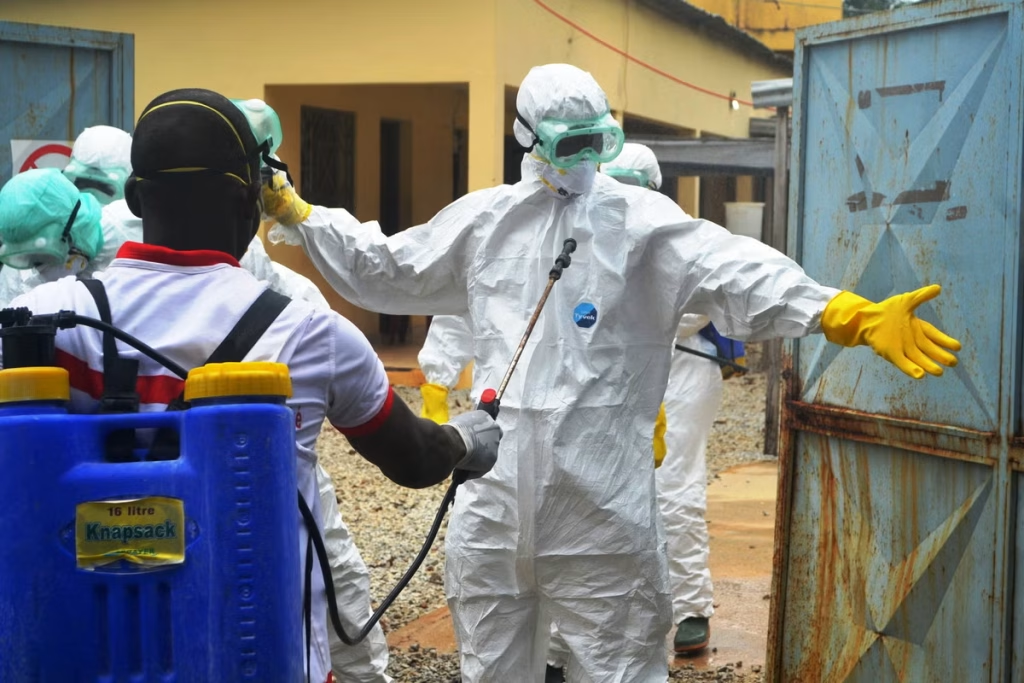Rwanda’s health minister, Dr. Sabin Nsanzimana, has issued a warning to survivors of Marburg virus disease, stressing the need for continued vigilance and precautionary measures following their discharge from medical care. On November 4, Dr. Nsanzimana highlighted the virus’s potential to linger in the human body for extended periods, posing risks of transmission even after recovery.
“The nature of the virus is complex,” Dr. Nsanzimana stated. “Small amounts may remain hidden in various parts of the body, which could lead to transmission.”
The duration the Marburg virus can persist in a person’s system varies significantly among individuals and is still a subject of ongoing research. Dr. Nsanzimana noted, “We do not yet have a clear understanding of how long the virus can remain. It may depend on individual factors, lasting anywhere from weeks to potentially a year. To address this, we have initiated a year-long study to document and analyze Marburg cases.”
To ensure the safety of the community and the health of recovered patients, the Ministry of Health is conducting regular monitoring of those who have overcome the virus. “We are testing recovered individuals consistently to confirm their full recovery; otherwise, there is a risk of reactivation, which could lead to new outbreaks,” Dr. Nsanzimana emphasized.
The health minister called for the public to refrain from stigmatizing or isolating recovered patients, asserting that the ministry is committed to providing ongoing support and guidance. “Recovery means the patient’s blood is free from the virus, but we continue testing them every 72 hours to verify this status,” he explained.
Dr. Nsanzimana pointed out that certain bodily fluids, particularly semen, are at high risk for harboring the virus long after recovery. “In men, the virus can persist in semen for months following recovery,” he remarked. “As a precaution, we advise these individuals to avoid unprotected sexual intercourse until they receive confirmation of being completely cleared.” He also highlighted the risk of the virus affecting the eyes post-recovery, potentially leading to vision complications. “Eye specialists have been assigned to monitor patients who may experience sight-related issues,” he added.
Furthermore, the virus may also be present in breast milk for a period, prompting the ministry to provide specialized care for breastfeeding mothers who have contracted the disease. Other bodily fluids, such as urine and saliva, are also tested alongside blood, semen, and breast milk to ensure comprehensive monitoring.
Dr. Nsanzimana assured the public of the government’s readiness to combat the virus, reiterating the commitment to patient care until Rwanda is declared free of Marburg. “We will continue to follow up with patients for as long as necessary, even if it requires monitoring one individual for six months until they test negative,” he stated.
Rwanda recorded its first case of the Marburg virus on September 27. Currently, there are two patients in isolation, both of whom are reported to be experiencing mild symptoms. The Ministry of Health remains dedicated to protecting public health and preventing further outbreaks.

